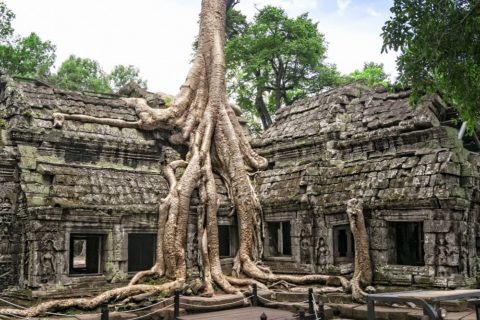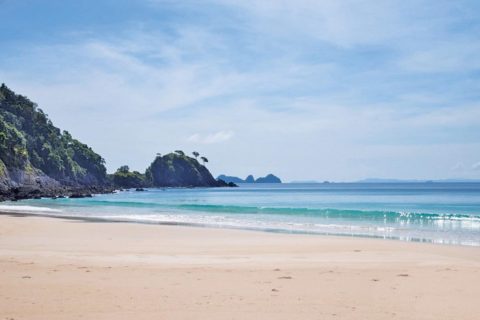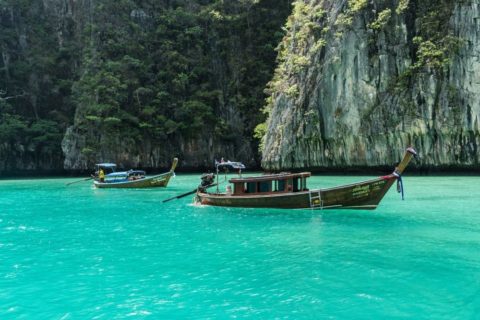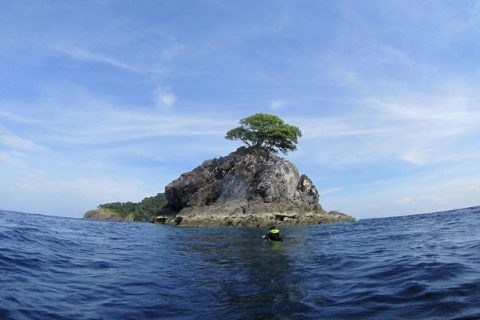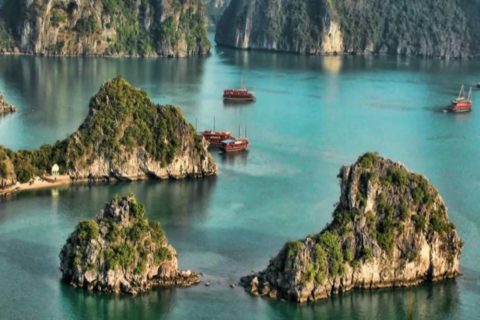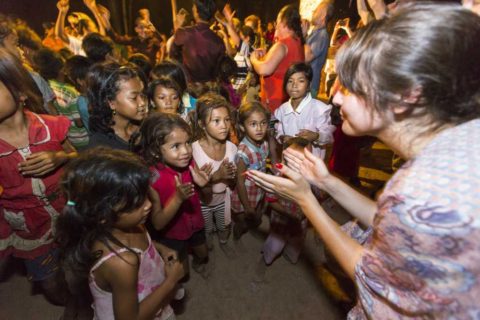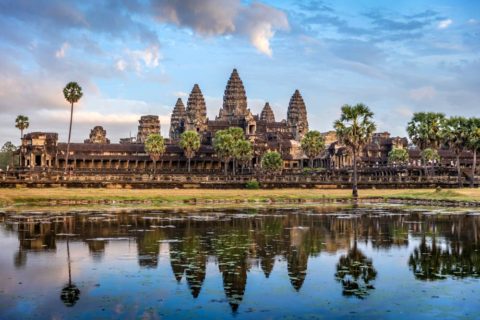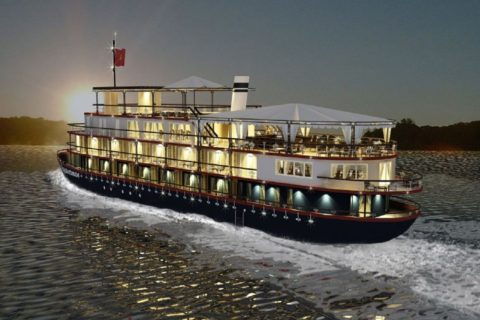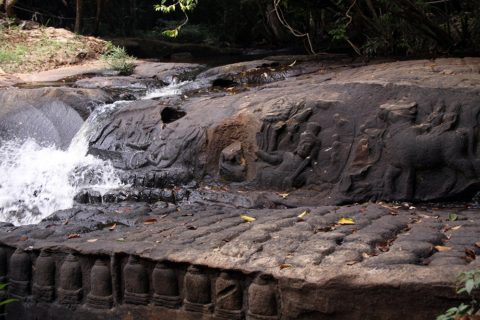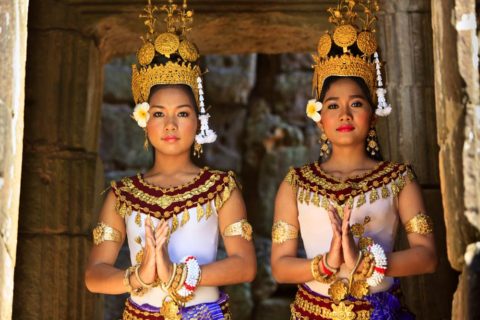Good to know before you go
Travel essentials and Frequently Asked Questions about Cambodia.
Visa & Border Crossings
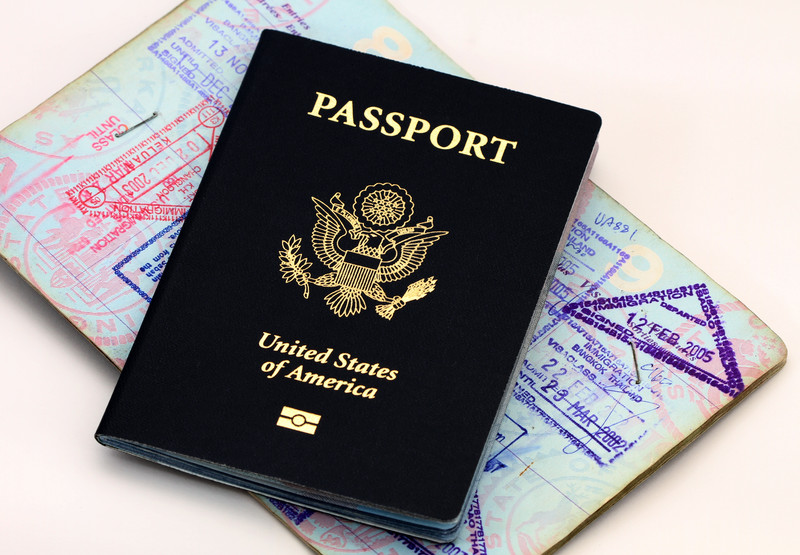
All travelers to Cambodia are required to have valid passport with minimum 6 months remaining. Tourist visas are granted on arrival at country’s airports and land border stations. Check with ministry of immigration for more detailed information if you require other type of visa which may require pre-application from Cambodia’s consulates abroad.
Travelling in Cambodia
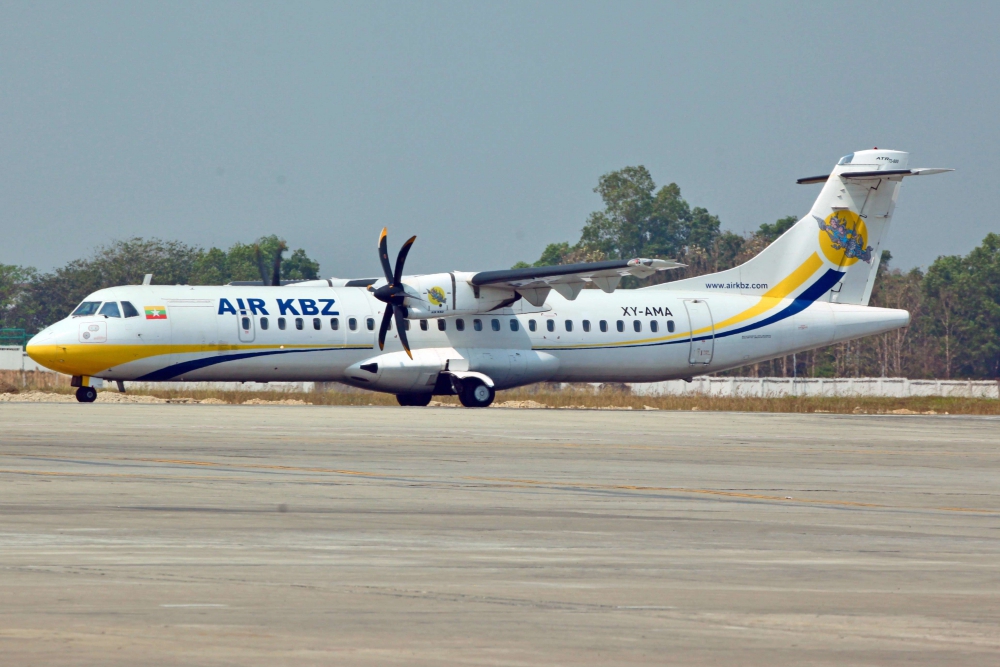
Cambodia Angkor Air is the nearest thing Cambodia currently has to a national airline and operates the country’s only domestic flights, with services between Phnom Penh, Siem Reap and Sihanoukville, from Siem Reap to Ho Chi Minh City, and also from Phnom Penh to Hanoi, Saigon and Bangkok.
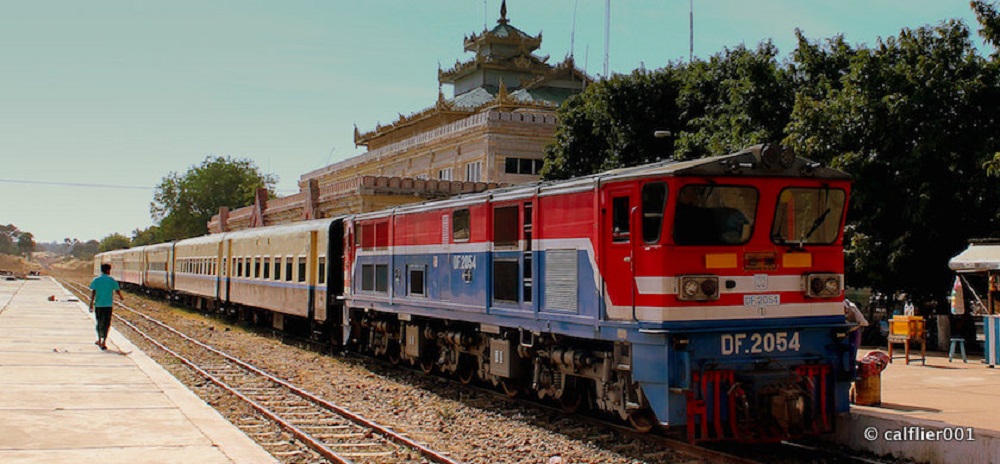
Cambodia’s road network has improved greatly in the past 15 years. There are no more major potholes on main roads, but you will not find large highways in the country yet. Make sure reserve enough time for stops and exploring villages and sights along the way if you opt for the overland road journeys.
Driving from Siem Reap to Phnom Penh takes approx 7 hours and from Phnom Penh to Sihanoukville/Kep/Kampot 2.5-3hrs.
It is approx. 4hrs drive from Siem Reap to Thailand border crossing and from Phnom Penh approx. 8hrs (Koh Kong)
Overland journey from Phnom Penh to Saigon (HCMC) takes approx. 7-8hrs.
For more comfort and scenic ride you may like to consider river journeys with day ferries from Phnom Penh to Chau Doc in Vietnam or multi-day Mekong river cruises.
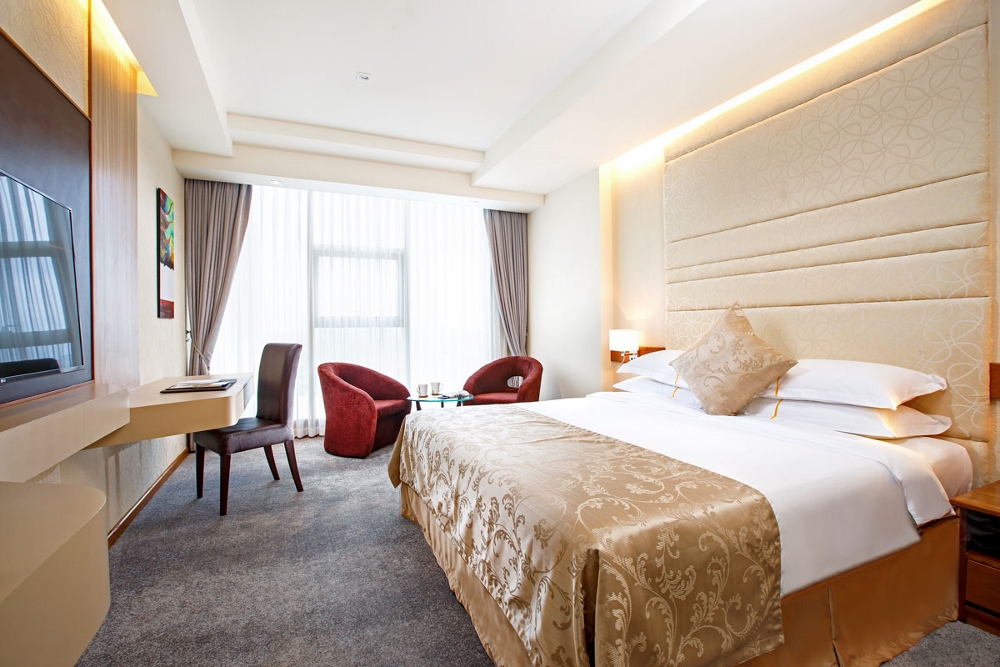
Cambodia boasts with great range of lodgings from economy to top luxury and when comparing quality and cost internationally Cambodia offers exceptional value for money. Whether you are looking for ultimate luxury hideaway or more modest resort with charm there are many options to choose from.
Mobile & Internet
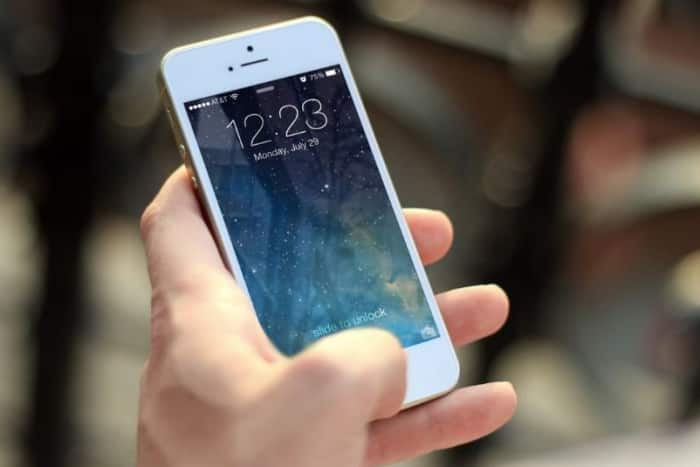
As of 2014, two foreign telecom operators and a government owned operator have launched nation wide mobile and wireless networks. Mobile and wireless connections are improving quickly as the networks expand, especially in urban areas, but in rural parts of the country you will often not have a mobile signal. Prepaid mobile sim cards can now be purchased in most cities at the low price of US$ 1.5 which allow international calls and use of mobile data.
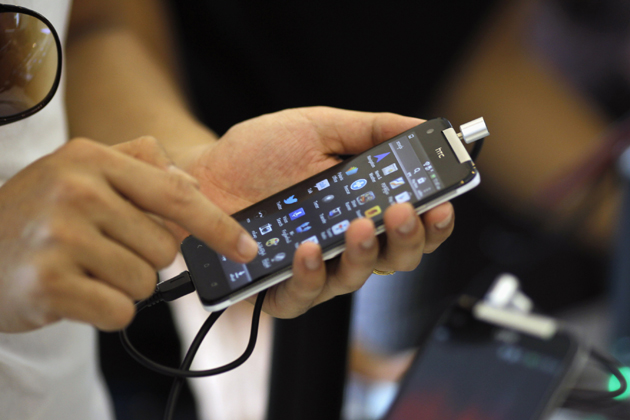
Internet access is becoming increasingly common and unrestricted, most international hotels will offer complimentary internet access. Internet cafes can be found in urban areas, however connections tend to be slow and unstable.
Cambodia Overview
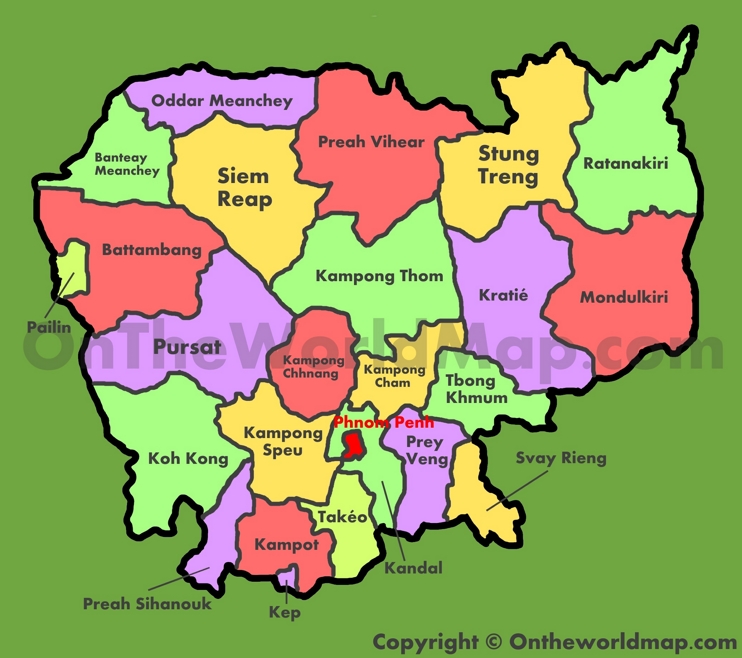
| Country Facts & Figures | |
|---|---|
| Country Name: | Kingdom of Cambodia |
| President: | Hun Sen |
| Population: | 16,245,729 |
| Capital: | Phnom Penh |
| Cities: | Phnom Penh, Ta Khmao, Siem Reap |
| Area: | 181,035 km2 (69,898 sq mi) |
| Highest point: | Phnom Aural 5,949 feet (1,813 metres) |
| Languages: | Khmer, Cham, English, French |
| Religions: | 96.9% Buddhism, 2.0% Islam, 0.5% Folk religion, 0.4% Christianity, 0.2% unaffiliated |
| Ethnic groups: | 97.6% Khmer, 1.2% Chams, 0.1% Vietnamese, 0.1% Chinese, 1% other |
| Time: | UTC+7 (ICT) |
| Country code: | +855 |
| Currency: | 1USD = 4,061.90 KHR Cambodian riel |

Cambodia has a tropical monsoon climate with two seasons: the rainy season from June to October when the countryside is lush and green, and the dry season from November to May when there are long days of glorious sunshine and clear skies. Temperatures in Cambodia remain fairly constant and warm throughout the year.
GMT + 7 hours.
Language & Culture
The official language is ‘Khmer’ with numerous regional and minority languages and dialects. English is spoken at all major hotels. Basic English is also spoken widely throughout the country, and travelers will almost always find someone who will at least understand and speak a few words of English. Discovery DMC provides guiding services in English, German, French, Italian, Spanish, Russian, Japanese, Thai and Chinese.
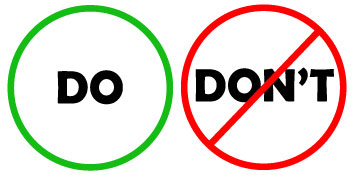
All water should be regarded as being potentially contaminated. Boil or sterilise water for drinking, brushing teeth or making ice. Bottled water is widely available. Milk is also unpasteurised and should be boiled. Powdered or tinned milk is available and is an advisable alternative to fresh produce. Avoid dairy products which are likely to have been made from unboiled milk. Only eat well-cooked meat and fish. Vegetables should be cooked and fruit peeled. Hygiene is something travellers should be aware of when travelling to Cambodia. Roadside street food stalls and restaurants are fun to try but may not have the strictest cleanliness habits. Stick to freshly cooked piping hot foods to avoid sickness.
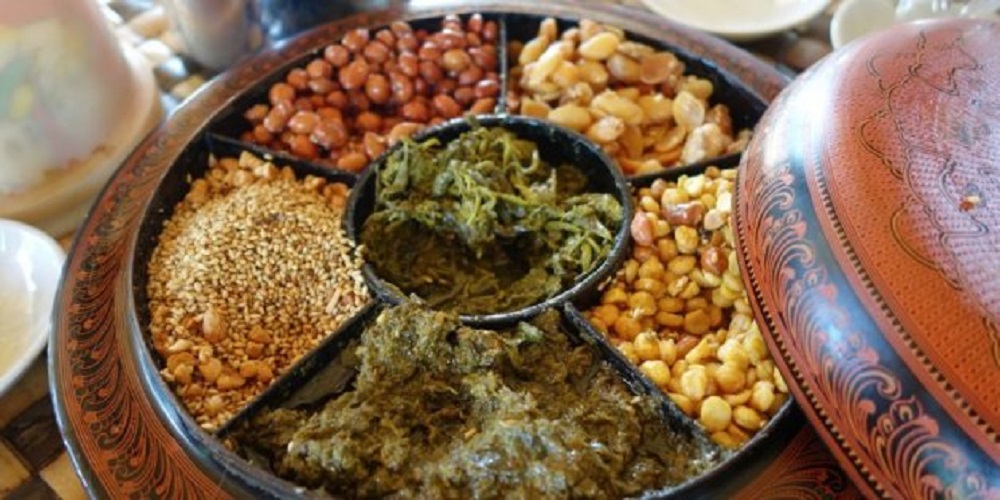
As is the case elsewhere in South East Asia, the quality of the food is a draw in its own right. Khmer cuisine shares much with that of both Thailand and China, although it tends to steer clear of excessive use of spices. Quality restaurants are found in all areas that see mainstream tourism, while cheap but tasty food stalls are ubiquitous around the country. Most meals are rice-based.
Money
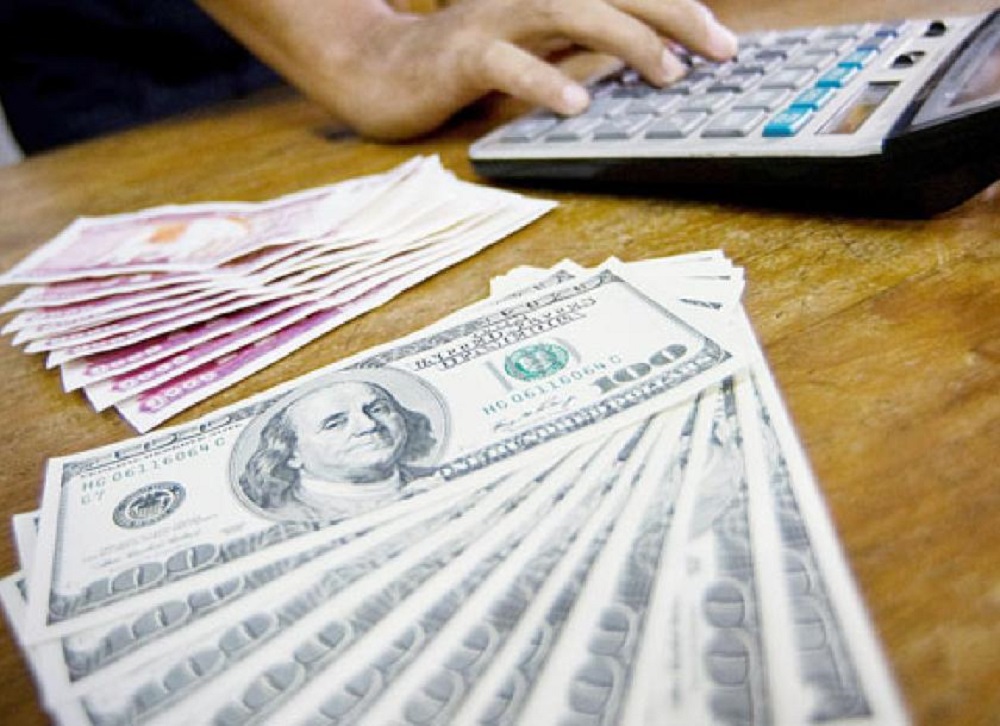
Riel (KHR; symbol CR) is the country’s official currency but locals prefer to use dollars. Riel notes are in denominations of CR100,000, 50,000, 20,000, 10,000, 5,000, 2,000, 1,000, 500, 200, 100 and 50. Dollars notes (not coins) are widely accepted, yet visitors in small villages and shops vendors may not have change for high notes (including $10+). It is advisable to keep hold of small Riel change wherever you can as it is very useful.
The import and export of local currency is prohibited. Foreign currency may be exported up to the limit declared at customs on arrival.
US Dollars are widely exchangeable and can often be used as payment in their own right. Thai Baht can be easily exchanged close to the Thai border, but other currencies are generally only recognised at banks and airports.
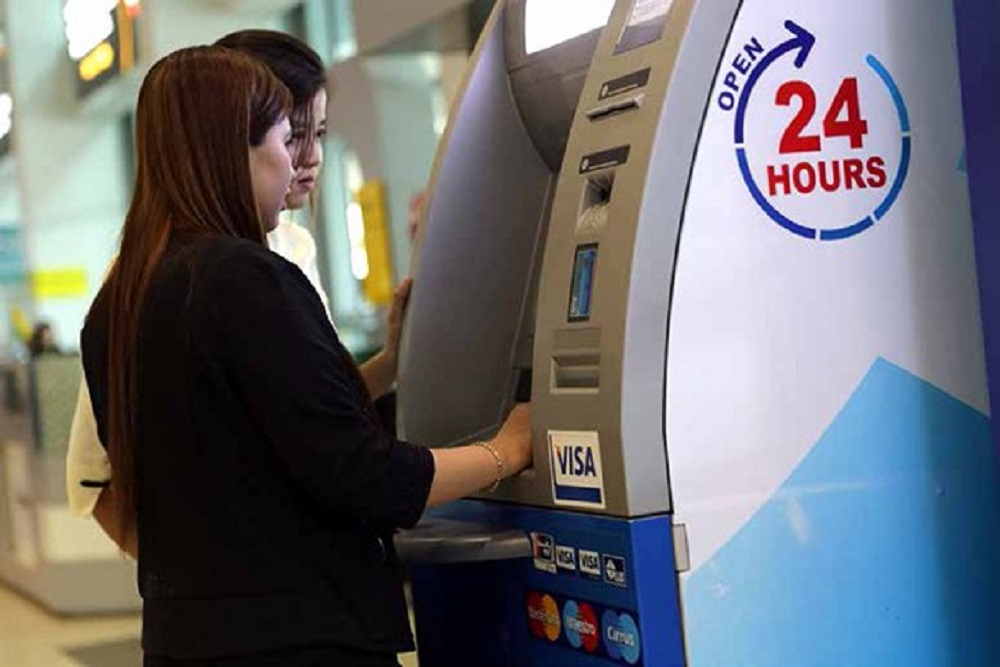
Banking hours: Mon-Fri 08h00-15h00. Some banks are open on Saturdays 08h00-11h30.
Credit cards are now more widely accepted in upmarket hotels, shops and restaurants catering to visitors. There are plenty of ATMs in Phnom Penh, Siem Reap and Sihanoukville that accept international cards including Cirrus, Plus, Maestro, Visa and MasterCard. It is always best to carry cash (US Dollars if necessary) in small denominations.
Traveller’s cheques are generally not recommended as they are not widely accepted. Traveller’s cheques in US Dollars can be changed at banks and some hotels, but can be difficult to change outside major cities
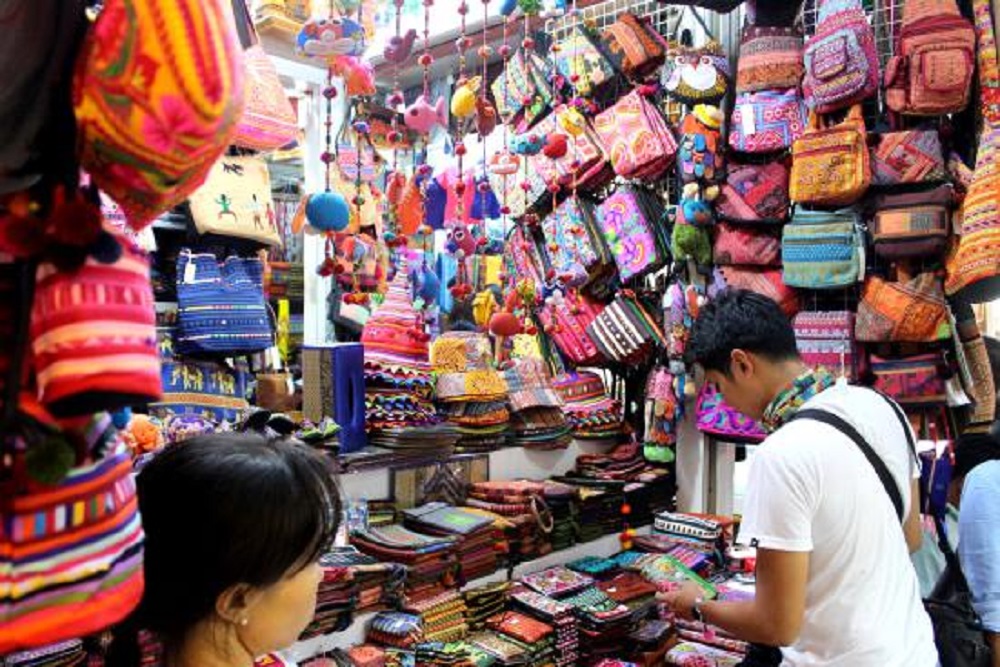
There will not be shortage for items to shop. Some shops may have fixed prices whilst at the markets it is customary to haggle. Our advice is, do not start bargaining about things that you don’t want to buy. One method is to offer price that you think you are willing to pay even if it’s very low.
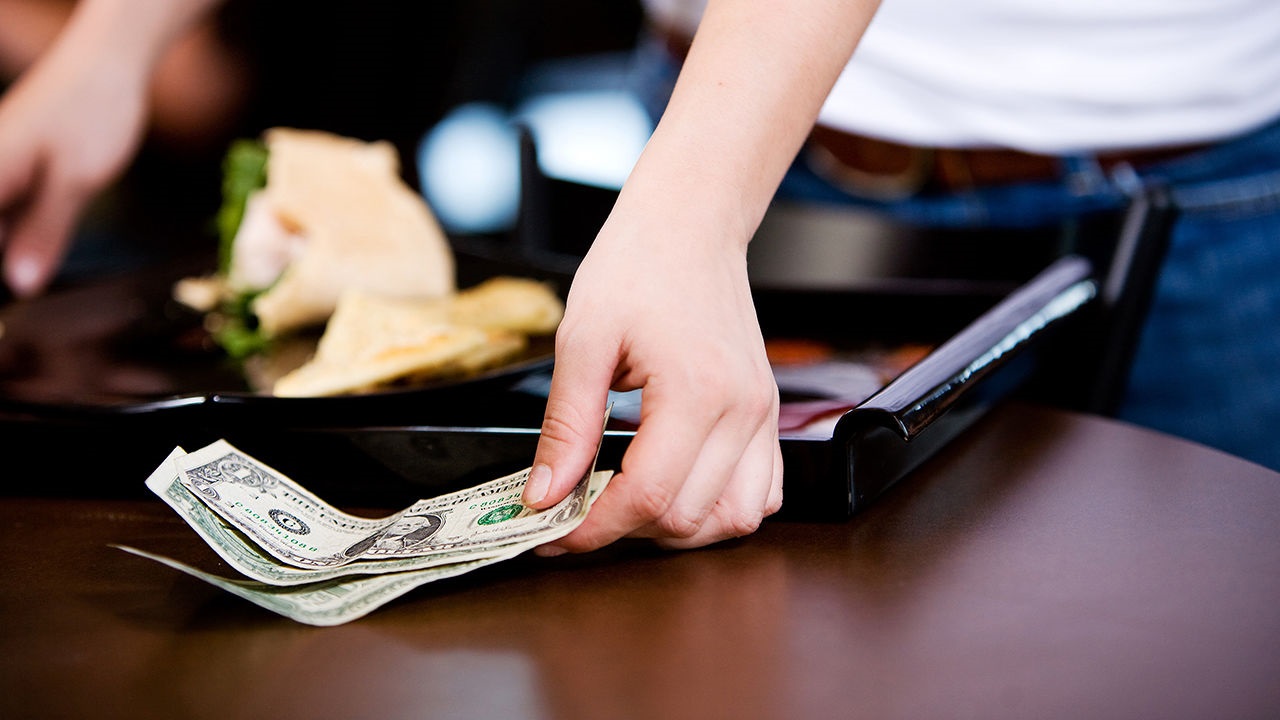
Tips are appreciated in hotels and restaurants where no service charge has been added, and by tour guides.
Explore our Tours in Cambodia
CAMBODIA NATURE DISCOVERY 14D/13N
This guided tour will focus on unique natural wonders of Cambodia, from pristine jungle trails to endless lowlands with rare and protected mammals and birds, as well as introduce you to the...
KOH RUSSEY ALILA EXTENSION 4D/3NT
This guided tour will introduce you to the cultural highlights and most famous temples in the Ancient city of Angkor as well as a special focus on bird watching in the surroundings of this...
KOH RONG ROYAL SANDS EXTENSION 4D/3NT
This guided tour will introduce you to the cultural highlights and most famous temples in the Ancient city of Angkor as well as a special focus on bird watching in the surroundings of this...
SONG SAA PRIVATE ISLAND EXTENSION 4D/3NT
This guided tour will introduce you to the cultural highlights and most famous temples in the Ancient city of Angkor as well as a special focus on bird watching in the surroundings of this...
SIX SENSES KRABEY ISLAND EXTENSION 4D/3NT
This guided tour will introduce you to the cultural highlights and most famous temples in the Ancient city of Angkor as well as a special focus on bird watching in the surroundings of this...
CAMBODIA LOCAL LIFESTYLE
This guided tour will introduce you to the cultural highlights and most famous temples in the Ancient city of Angkor as well as a special focus on bird watching in the surroundings of this...
KHMER KINGDOMS ACTIVE 12D
This guided tour will introduce you to the cultural highlights and most famous temples in the Ancient city of Angkor as well as a special focus on bird watching in the surroundings of this...
SIEM REAP, PHNOM PENH & 4 RIVERS 12D/11NT
This guided tour will introduce you to the cultural highlights and most famous temples in the Ancient city of Angkor as well as a special focus on bird watching in the surroundings of this...
CAMBODIA EXPLORER 16D/15NT
Grand journey through Cambodia covering the most scenic temples - on and off the beaten trails - combined with wildlife watching, conservation project visits, jungle walks, mingling with local...
MEKONG “JAHAN/ JAYAVARMAN CRUISE” 8D/7NT
This guided tour will introduce you to the cultural highlights and most famous temples in the Ancient city of Angkor as well as a special focus on bird watching in the surroundings of this...
THE HIDDEN TREASURES OF CAMBODIA 12D/11NT
This guided tour will introduce you to the cultural highlights and most famous temples in the Ancient city of Angkor as well as a special focus on bird watching in the surroundings of this...
BATTAMBANG EXTENSION 3D/2NT
This guided tour will introduce you to the cultural highlights and most famous temples in the Ancient city of Angkor as well as a special focus on bird watching in the surroundings of this...
